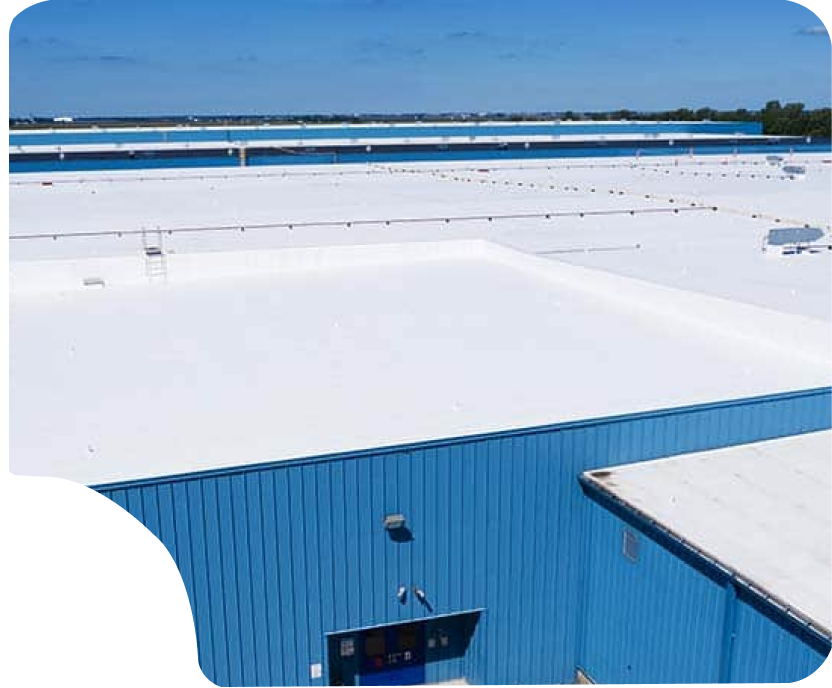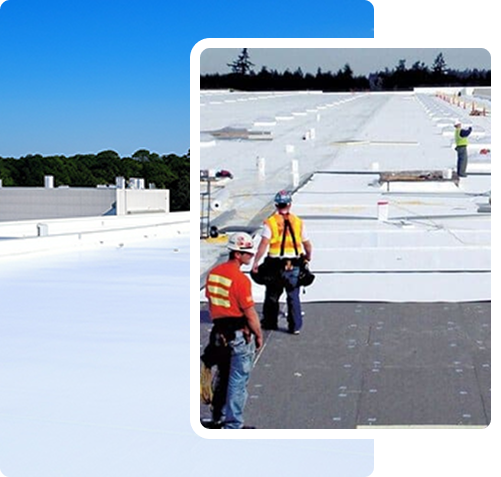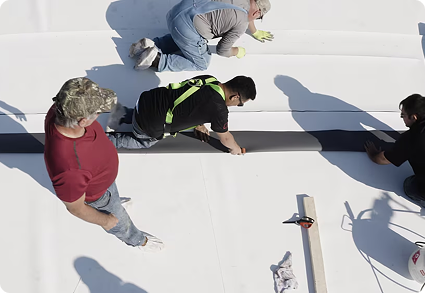TPO Installation Process: What Florida Businesses Should Expect


Introduction to TPO Roofing for Florida Businesses
Why Florida Businesses Choose TPO Roofing Systems
What Is the TPO Installation Process Like?
The TPO Installation process is a detailed and strategic approach that ensures durability, energy efficiency, and long-term performance for your commercial roof. At Advanced Roofing, our licensed TPO Roofing Contractors follow a proven workflow that minimizes disruption and maximizes quality. Each step is carried out by trained TPO Roofers who understand the nuances of Florida’s unique climate and structural requirements.
Here’s a step-by-step breakdown of what the process typically involves:
Initial Roof Inspection: Our experts examine your existing roof for structural integrity, moisture damage, and suitability for TPO application.
Surface Preparation: Debris, old materials, and damaged insulation are removed. A clean, even surface is essential for a seamless TPO bond.
Installing Insulation Boards: We lay down energy-efficient insulation to improve thermal performance and create a flat base.
Laying the TPO Membrane: Rolls of TPO membrane are spread and positioned accurately across the roof.
Heat-Welding Seams: Seams between membrane sheets are heat-welded for a waterproof and wind-resistant seal.
Securing Flashings and Edges: We reinforce all perimeter edges, walls, and roof penetrations to prevent water intrusion.
How Do TPO Roofers Prepare Your Florida Building?

Key Materials Used by TPO Roofing Contractors
Advanced Roofing’s TPO Roofing Contractors utilize high-quality components to guarantee optimal performance. The primary material is the TPO membrane—a durable, UV-resistant single-ply sheet. Seams, heat-welding equipment, fasteners, plates, and adhesives are chosen based on project specifics. Insulation boards or cover boards may be added for enhanced thermal resistance. Edge metal and flashing systems are carefully selected to maintain the roof’s waterproof integrity. All materials comply with Florida building codes and ASTM standards. Our TPO Roofers conduct material testing before installing. By choosing top-grade supplies, we ensure the TPO Installation provides excellent protection, energy efficiency, and resilience against Florida’s climate challenges.
Weather Considerations in Florida TPO Installations
How Long Does a TPO Installation Typically Take?

TPO Roofers’ Safety Protocols and Regulations in Florida
Common Mistakes TPO Roofing Contractors Avoid
Here are common mistakes we actively prevent during every TPO Installation:
Inadequate Surface Preparation: Skipping or rushing the cleaning and repair phase leads to membrane adhesion problems.
Incorrect Seam Welding: Uneven or underheated seams can fail under wind or water pressure—ours are heat-welded to perfection.
Using Subpar Materials: Cheap adhesives, fasteners, or insulation can weaken your system—we only use industry-certified components.
Improper Drainage Planning: Standing water shortens roof life. We ensure proper slope and drainage from the start.
Neglecting Edge Flashing: Unsealed edges are vulnerable to wind uplift—our team reinforces all transition points thoroughly.
Ignoring Florida’s Building Codes: We adhere strictly to local codes and permitting processes to avoid compliance issues.
